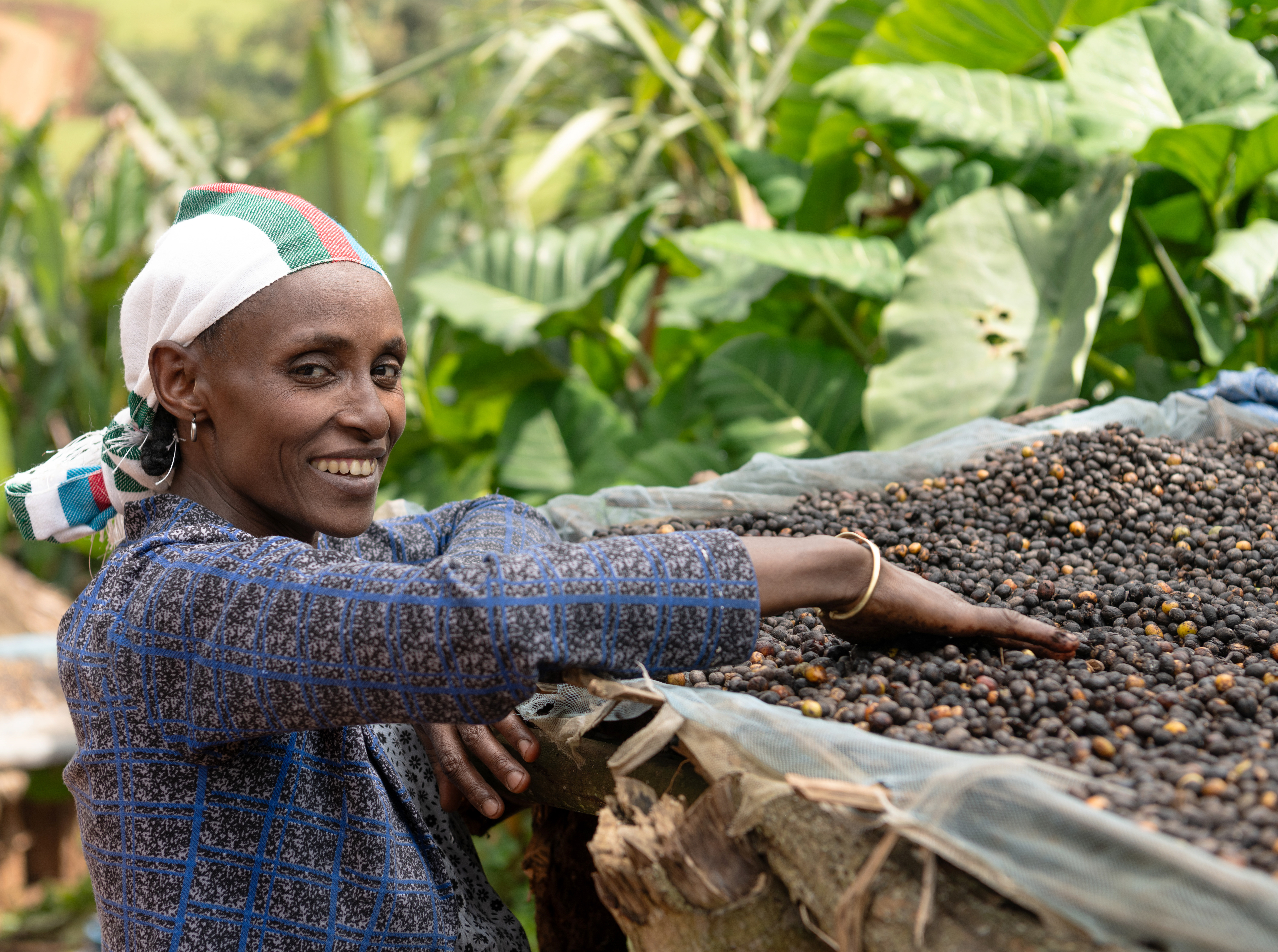The intense Cyclone Mocha crashed through Myanmar and southeastern Bangladesh on Sunday, making landfall between Cox's Bazar in Bangladesh and Myanmar's Sittwe with winds of up to 210 kilometres per hour.
It is the biggest storm to hit the Bay of Bengal in over a decade. Hundreds of people are feared dead in Rakhine state in Myanmar, and in Chin State, over 900 houses, 10 schools and 10 churches were damaged. More than 400,000 people evacuated in Myanmar and Bangladesh.
The powerful storm surges brought flooding to the port town of Sittwe in Myanmar, where streets were turned into rivers. Before the cyclone, at least 6 million people were in need of humanitarian support and about 1.2 million were displaced across Rakhine state and the northwest of Myanmar (OCHA).
In Bangladesh, many of the Rohingya refugees live in sprawling camps prone to flooding and landslides, with approximately one million Rohingya living in Cox's Bazar, the world's largest refugee camp. Bangladesh's government does not allow Rohingya refugees to leave the camps or build permanent structures, so the flimsy bamboo and tarpaulin structures are vulnerable to extreme weather.
So far, more than 1,300 shelters in Cox’s Bazar have been reported as destroyed or damaged, as well as 16 mosques and learning centres, however there are no immediate reports of casualties. There are also concerns for hundreds of Rohingya refugees housed on island facility in the Bay of Bengal, called Bhasan Char, which is highly flood-prone.
"For such a powerful cyclone to hit not just one, but two areas where millions of people are already highly reliant on humanitarian aid is a serious challenge,” said Melville Fernandez, Caritas Australia’s Humanitarian Associate Director.
“Many communities in Myanmar and Bangladesh have already faced displacement, flooding, cyclones, COVID-19 and a cost-of-living crisis, and their coping capacity is eroded by the succession of challenges that they’ve faced in just a few short years.”
Caritas Australia’s partners on the ground are coordinating with government and other aid organisations to assess the damage. Caritas Bangladesh has capacity to shelter more than 150,000 people in cyclone shelters and has an extensive staff and volunteer network ready to respond across the affected areas.
CONTACT: Jessica Stone 0490 684 867 / jessica.stone@caritas.org.au
ENDS

















